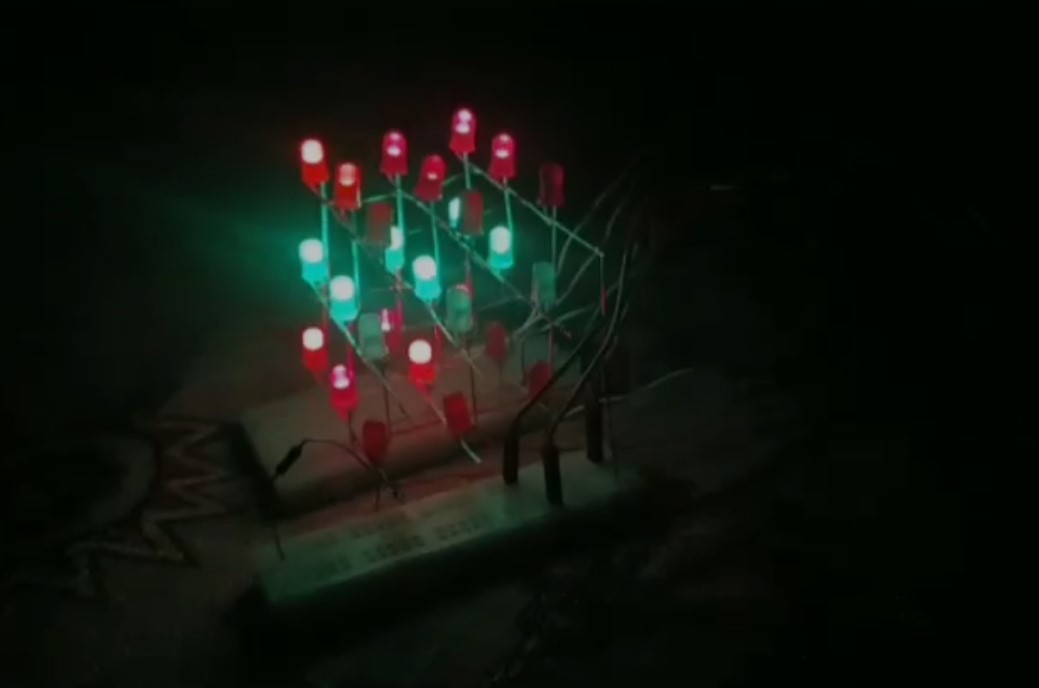
We’ve all seen the benefits of having tech in our lives. Businesses are boosting their cyber security prowess by incorporating tech to ensure they are getting ahead of the curve. But what we have to remember is that technology can play a crucial role in helping everyone. We have to address the elephant in the room that, as businesses, we have to lead the way with regard to addressing environmental challenges and enhancing our understanding of the natural world by promoting sustainability. So what is technology doing to contribute to a more sustainable future?
Prediction and Climate Modelling
Tech can help to simulate complex climate models taking into account a number of different factors, for example, atmospheric conditions, ocean currents, or changes in the land. In agriculture and farming, drones are commonly used as a way to monitor various aspects of land mass. You can click here to read more about drones and their applications in monitoring crop health but being able to predict future trends is critical, especially in terms of biodiversity. Satellite imagery and aerial drones can capture data on various ecosystems such as wildlife habitats which can aid conservation methods and protect land wildlife and everything in between. This is also something that has expanded into a number of really interesting sectors including anti-poaching. Wildlife trafficking and illegal poaching are benefiting from AI-powered
image recognition systems, acoustic sensors and drones to help businesses operating in agriculture deal with those age-old concerns in a far more constructive way.
Education and Awareness
The importance of tech in relation to stimulating awareness with regard to environmental issues cannot be underestimated. It becomes far more essential to use online articles, educational websites and social media campaigns on digital platforms to engage the public in environmental issues. It’s more critical than ever to stimulate engagement because of how urgent the climate crisis is. It’s not just about giving information to the members of the public but about ensuring they have this knowledge and the ability to feel like they can do something about it. Sometimes we can easily feel separate from these issues because they’re not directly impacting us and this is where educational platforms that utilise VR (virtual reality) experiences can be invaluable. Virtual reality can immerse users in environments affected by climate change. We can help people to see how coral reefs that have been warmed up or melting glaciers directly contribute to the quality of this planet. If we are to improve engagement with the wider public, we have to meet them on their level and this means educating and informing our customers or stakeholders in multifarious ways.
Precision Agriculture
Agriculture is yet another aspect of our planet that is slowly being eroded by climate change. So many crops are being stunted in their growth because of unreliable weather patterns. Longer summers and shorter winters and vice versa are all having a detrimental impact on the crops and the distribution of said crops. But technology can provide greater insight into current and future trends. Remote sensing and drones with multispectral cameras can capture if crops are nutrient deficient or experiencing stressful conditions. GPS technology is also incredibly useful because it can be applied directly to agricultural machinery like tractors so they can navigate fields with greater accuracy. This means that the distribution of fertilisers, pesticides, or seeds is far more even and gives the crops the best possible chance to grow. Agriculture is a far finer art than it used to be thanks to technology.
Waste Management and Recycling
Being a company that recycles is one thing but the quality of the recycling is becoming a far bigger conversation than it ever was. Technology can make a massive impact on waste management and recycling. Material recovery facilities can separate different recyclables. This means that metals, plastic or paper can all be channelled into the right recycling compartments which doesn’t just mean a far more efficient use for the materials, but it also takes the hassle out of recycling for everyday people and or businesses. Lots of people believe that as long as they are recycling this is what matters, but there can be a lot more than meets the eye when it comes to recycling and waste management.
Greener Building Designs
There is greater talk of sustainable materials and technology such as building management systems (BMS) can make a massive difference here to allow people who are opting for sustainable homes to monitor and control their homes more effectively. Green materials provide great insulation and stormwater management but in terms of the designs themselves, there are a number of components that need to be implemented within technology.
Energy Efficiency Solutions
Technology has long been used as a way to make operations more efficient. Machine learning can analyse data patterns to suggest more energy-efficient settings within businesses or premises. Data analytics can also help you users to track energy consumption over time. IoT devices, for example, smart thermostats learn user preferences and can adjust temperatures smartly. As far as being more environmentally friendly, tech is leading the way in every home. This also helps in reducing emissions and battery technology with electric vehicles.
Technology is something that we should be using more efficiently. Technology has long been considered the greatest tool to aid our efficiency and production but we have to remember that technology is also a critical part of how we can improve our planet. There’s long been talk of the fact that man is slowly destroying itself because they are focused on pioneering new practices and technologies, rather than looking after what it already has. Therefore, if we are to make a far more impactful statement on the quality of our planet we have to remember that the things we are discovering every few years should help us to look after what we already have, rather than using these things to slowly erode our resources. We have to give back what we put in – technology can certainly do that for us, as long as we use it correctly.














